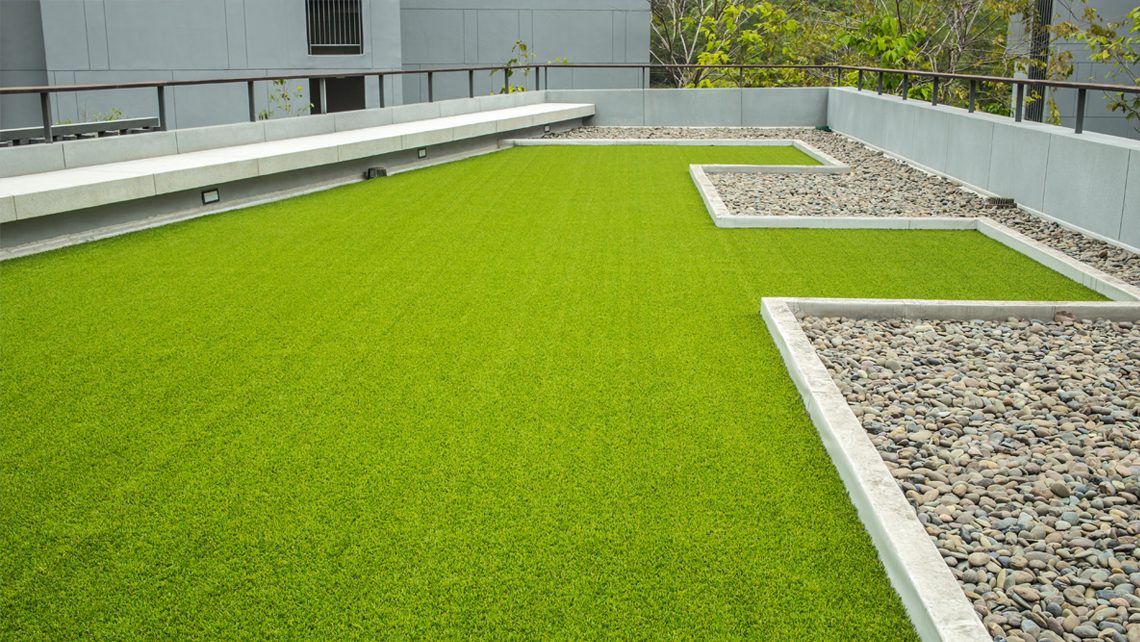Green Roofs Guide
The grass isn’t always greener on your front lawn. With the growing awareness of global warming, Americans are becoming increasingly ecological and breathing new life into the term “eco-friendly.” Environmentally conscious consumers are finding more and more creative ways to go green, and now they’ve found a way to raise green turf to new heights.
A green roof is much more than, well…green. A green or vegetated roof refers to a roof that is partially or completely covered with vegetation and soil, or a growing medium that is planted over a waterproof membrane. It often includes additional layers like root barriers, drainage, and irrigation systems…so, OK, it’s a lawn. That’s right, a lawn that can lower your energy bill, lower greenhouse gas emissions, reduce storm-water runoff, lower your stress level and provide a habitat for surrounding wildlife!
We can give Germany credit for giving us more than just good beer and Beethoven. They also modernized green roofs which have actually been around for centuries in Northern Scandinavia. Now, a big percentage of all German roofs have been “greenified” and the trend has spread throughout Europe. Although vegetated roofs aren’t nearly as common in America as they are in Europe, it is becoming a more popular way for people to green their homes – literally.
Top tips
Choose the right roof – There are two main types of green roofs and which you choose is dependent upon many factors such as the intended purpose of the roof, the type of building, your budget, etc.
Intensive (garden-style) – Intensive roofs resemble gardens or parks. They are often used on flat rooftops in large cities where park space is limited. Intensive roofs usually require about 6-24 inches of soil that is able to grow shrubs, small trees, lawns, even vegetable gardens. These garden-style rooftops may raise the bar when it comes to backyard barbeques and prove to be the lawn of the future. Consult a green roof specialist before considering installation of an intensive roof because they may require more sophisticated structural support and irrigation.
Extensive (lawn-style) – Extensive roofs are the most common type of vegetated roof for a home because they require low to no-maintenance. An extensive green roof only requires a very thin layer of soil (1-6 inches), and can sustain many different types of grass. It is virtually self-sustaining and only requires weeding about once a year. There is usually no access to an extensive roof except for what is necessary for maintenance. That means no rooftop barbecues. Since extensive roofs support drought-resistant, shallow-rooted plants and grass which generally grows no higher than a few inches (meaning no mowing), they are ideal for homeowners looking for an easy way to save on energy consumption and make their homes more eco-friendly.
Other considerations
Cost – Green roofs can cost around $10 – $15/sq. ft. for extensive green roofs, and anywhere between $25 – $100/sq. ft. for intensive roofs. Of course the price depends on the geographic location, type and intent of the roof, installer, etc. A park complete with trees, walkways, and vegetable gardens is going to cost quite a bit more than a simple grass lawn. Either choice, however, will prove to be an economical and ecological benefit in the long run.
Below are a few areas where a green roof can save you money
Maintenance – The sun can break down roofing materials over time requiring costly replacement and rebuilding. It is recommended that a conventional asphalt roof receive maintenance at least every 2 years which could total up to $1,300 for a 2,500/sq. ft. roof that is about 1-5 years old (older roofs would cost more). The vegetation on a green roof acts as a barrier protecting the roof from harsh solar rays and protecting your wallet from the expense of constantly replacing worn roofing materials.
Heating – You can save energy in cooler months with green roofs because they provide excellent insulation and retain 18% more heat than conventional roofs.
Cooling – The temperature of a conventional roof membrane on a 95º F day can rise up to 158° F. The temperature of a green roof on the same day is about 77° F. A cooler roof means lower cooling costs in the summer.
Structure – Because of their weight, green roofs require more demanding structural standards than regular roofs. Depending on your house, roof, and the type of vegetation you plan to install, structural reinforcements may be needed. Choose a quality service provider who will inspect your home properly before installing a green roof. Check your local listings or visit the Green Pages at www.sierraclubgreenhome.com for a list of reputable green roof installers.
Benefits to you
Grass, shrubbery, and flowers obviously make vegetated roofs more aesthetically pleasing. If your home is a little bare when it comes to front yard space, a green roof is a great way to show off your gardening skills.
Studies show that visual and physical contact with natural greenery provides both mental and physical health benefits such as: lower blood-pressure, lower heart rate, reduced stress or mental fatigue, assistance in quicker recovery from physical illness, and they provide long-term overall improvement in health. The health advantages of vegetated roofs are beginning to grow on many hospitals and health facilities who are installing them for the benefit of recovering patients. For more information on studies regarding the health benefits of green surroundings visit http://www.naturalnews.com/025260_health_greenery_health_benefits.html.
Green roofs are able to make much better use of rainwater than conventional roofs. A green roof can capture precipitation and influence it in 3 ways:
- Taken up by the plants
- Absorbed into pore spaces
- Stored and retained by the drainage system of the roof
If the water is not absorbed by the vegetation, it is stored in other layers of the roof and can be released back into the atmosphere rather than simply running off into a drainage system. Basically, green roofs reduce the amount of water that is wasted when it ends up in drainage systems.
Lowering air-conditioning demand decreases the associated air pollution and greenhouse emissions. The vegetation can also remove air pollutants and greenhouse gas emissions through dry deposition and carbon sequestration and storage. According to one website, a square foot of vegetation absorbs about 0.33 ounces of air pollution per year, so a mere 1,500 sq./ft. vegetated roof could absorb over 40pounds of air pollution each year and almost2,000 pounds in its lifetime. The impact of green roofs on large commercial buildings is obviously even greater.
Green roofs…getting started
The first step to installing a green roof is contacting a roofing specialist or architect to ensure your roof is sufficiently structurally sound.
Further reading:
- Planting Green Roofs and Living Wallsby Nigel Dunnett and Noel
- Kingsburyhttp://www.epa.gov/heatisland/mitigation/greenroofs.htm
- http://www.athensclarkecounty.com/documents/pdf/landscape_management/tcn_airquality.pdf.
Learn more about eco-friendly roofing today! And if you’re ready to take your roof green, give us a call at 831-373-7212 and schedule your free roofing estimate.






